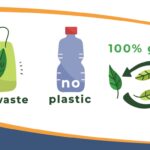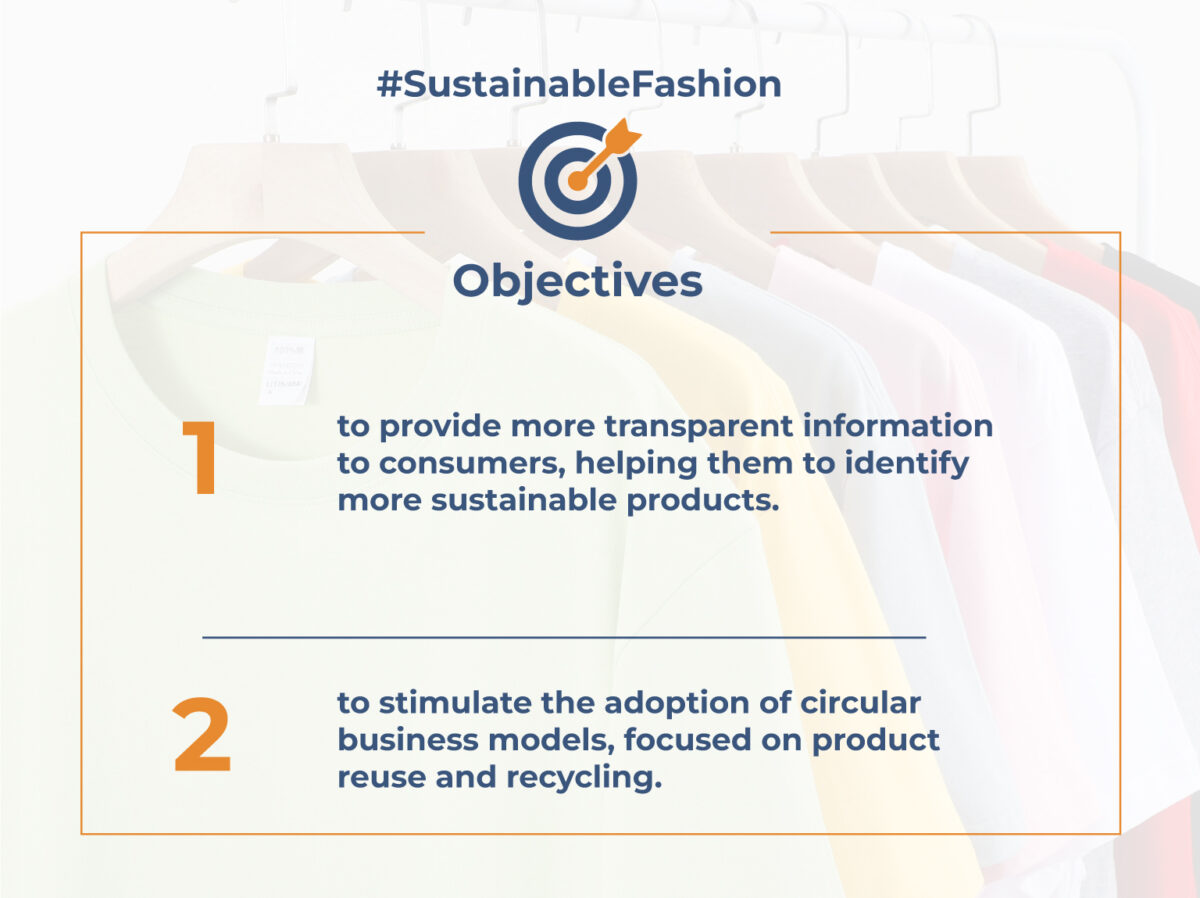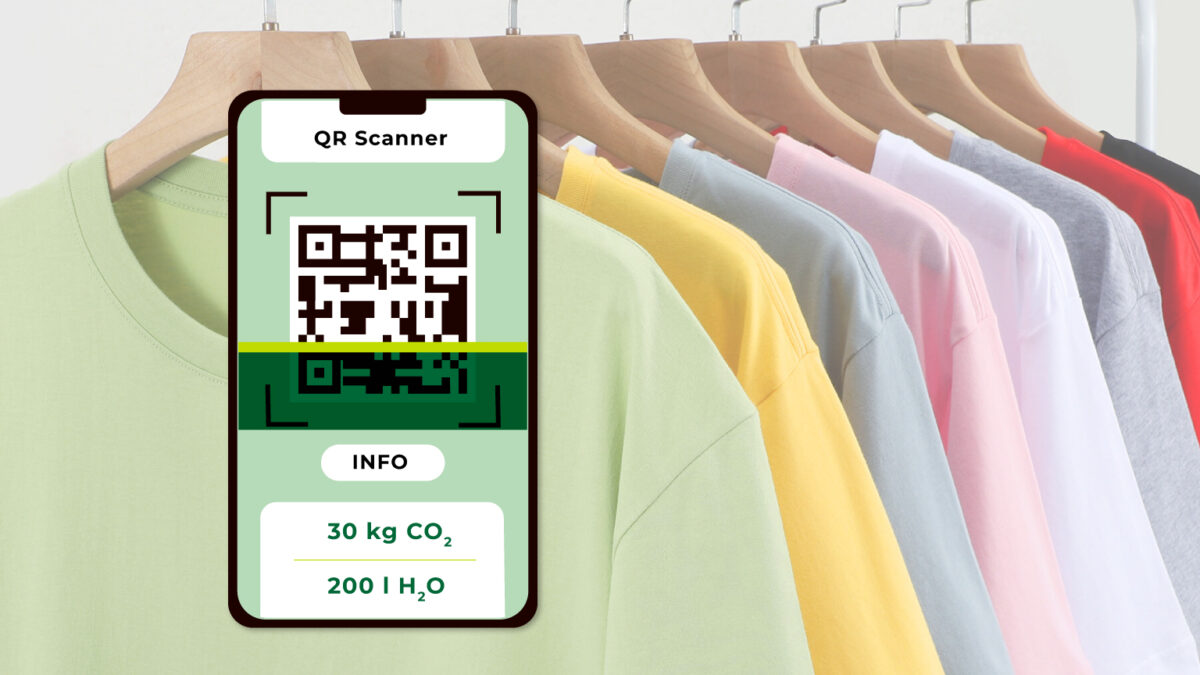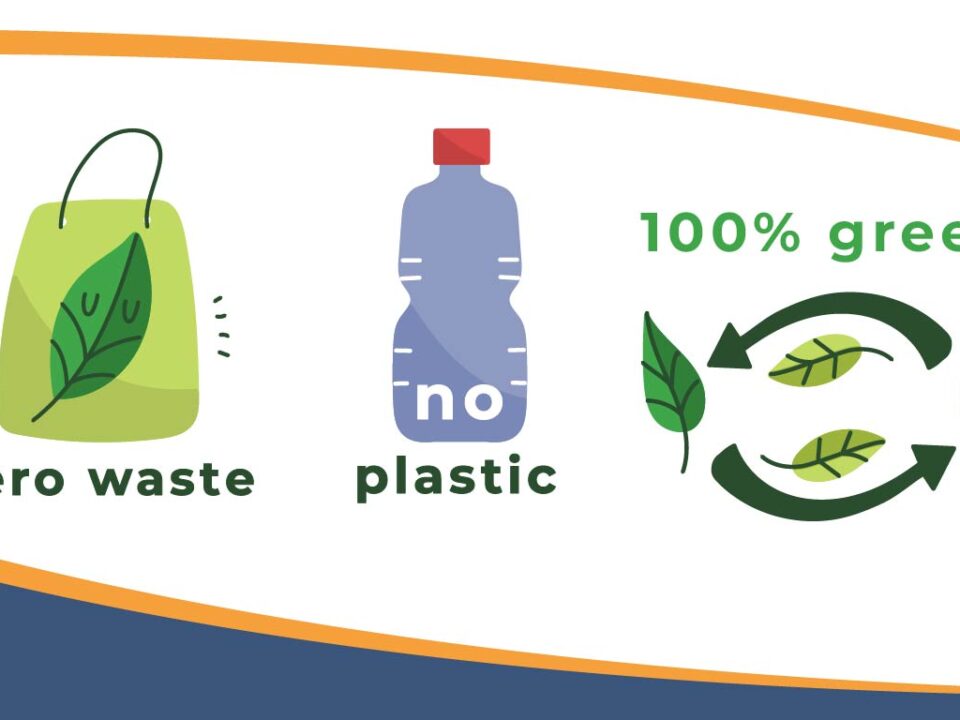
The European Sustainability Reporting Directive (CSRD)
Maggio 28, 2024
The Green Claims Directive
Giugno 21, 2024Digital Product Passport (DPP)
Starting 2026, a label, QR code or barcode placed on the item, when scanned, will give access to information about the garment's sustainability and recyclability characteristics.
Introduction
The fashion industry is undergoing a significant evolution: in just a few years, it has gone from the absence of a legal framework to a veritable wave of sustainability regulations worldwide, requiring the ability to track all stages of the value chain
In fact, by 2026, or 2027 at the latest, every textile product will have to be equipped with a Digital Product Passport (DPP), i.e. a label, QR code or barcode that, when scanned, will give access to information about the garment's sustainability and recyclability characteristics, as well as its production process and origin. More specifically, the Digital Passport will include elements such as the product's "liquid" identity card, weight, production plant and source, i.e. the type of raw material used to create the garment. Particularly important, then, will be information on ecological impact - i.e. data on the product's carbon footprint - ownership, with details on the garment's past and current owners, and information on warranties, repairs and recycling.
Currently, the DPP is a crucial element for fashion and textile companies and has two objectives:
• on the one hand, to provide more transparent information to customers, helping them to identify greener consumption choices;
• on the other hand, to stimulate the adoption of circular business models, focused on product recovery and recycling, accelerating the transition towards more sustainable businesses.
Some statistics clearly demonstrate consumers' demand for transparency: 52% of millennials always do research background information before buying textiles, 45% for GenZ and 41% for Baby boomers (The Business of Fashion and McKinsey & Company, 2019).




